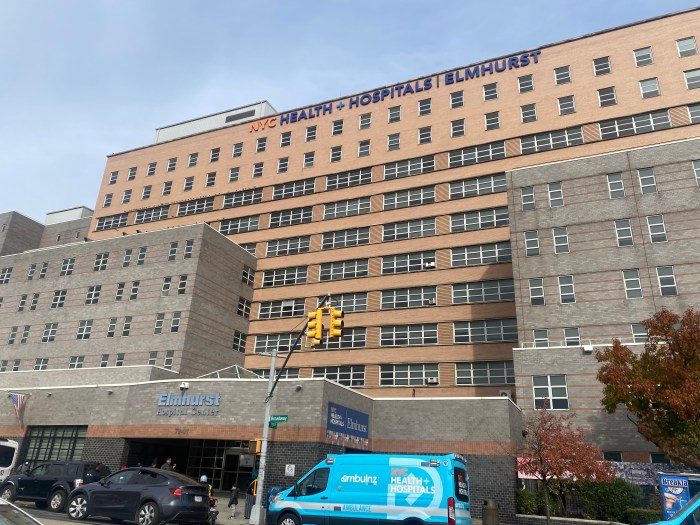Courtesy Susan G. Komen for the Cure
It may be hard to decide whether to have a mastectomy or a lumpectomy (also called breast conserving surgery). First, talk to your surgeon and see if you are a candidate for lumpectomy plus radiation, or if you need a mastectomy. If both are options, weigh the risks and benefits of each surgery and choose the one that is right for you.
Neoadjuvant therapy and surgery options
Even if you are not a candidate for lumpectomy upfront, your oncologist may discuss neoadjuvant (preoperative) therapy. For some women, neoadjuvant therapy may shrink the tumor enough so a lumpectomy becomes an option instead of a mastectomy.
Survival and recurrence with lumpectomy and mastectomy
Survival
Overall survival with lumpectomy plus radiation is the same as with mastectomy
Recurrence
With lumpectomy, there is a slightly higher rate of the cancer returning in the breast (called recurrence or local recurrence) Any recurrence must be treated.
The risk of cancer spreading to other organs (called metastasis and the main cause of breast cancer death) is the same for both procedures
Risks and benefits of mastectomy and lumpectomy
There are risks and benefits to consider when choosing between mastectomy and lumpectomy plus radiation. The main benefit of lumpectomy with radiation is that the breast is preserved as much as possible.
A potential benefit of mastectomy is that radiation therapy may be avoided. Although some women will need radiation therapy after mastectomy, many will not. (Ask your health care team if you are likely to avoid radiation therapy if you have a mastectomy.) If you do not need radiation therapy, you avoid its side effects and the daily trips to a treatment center. If you live in an area without access to radiation treatment centers, or if you cannot have radiation therapy, this is an important benefit.
With either type of surgery, you are likely to have temporary soreness in your chest, armpit and shoulder.
If lymph nodes in the armpit (axillary nodes) are removed during surgery, you may also have some numbness in your arm and there is some risk of lymphedema. Lymphedema is a condition where fluid collects in the arm (or other area such as the hand, fingers, chest or back), causing it to swell.
Talking to your health care provider about surgery options
It is important to learn about your surgery options and talk openly with your health care provider about your treatment. You should feel confident you are getting the best treatment possible. Never hesitate to seek a second or even a third opinion from providers at different hospitals or practices. This is especially important if you are not satisfied with the rationale for your treatment plan.


































